Apple just delivered another quarter that had Wall Street buzzing, but the real story goes beyond the headline numbers. The company reported quarterly revenue of $102.47 billion, marking an 8% jump from the previous year and slightly beating analyst expectations of $102.24 billion. Per-share earnings climbed 13% to $1.85, surpassing the consensus estimate of $1.77. What makes this quarter fascinating is how it reflects Apple's evolving strategy across its entire ecosystem, from the iPhone 17's strong debut to the continued expansion of its services empire. Hardware, software, services. All humming.
What this means for Apple's future trajectory
Here is the bottom line. Apple's Q4 results show a company executing multiple strategic transitions at once. The stock has surged over 33% in the past three months, pushing the company closer to that historic $4 trillion market cap milestone. Not just euphoria, there are fundamentals underneath.
From my perspective, the most compelling piece is the convergence. AI features that nudge upgrades, a services base that steadies the ship, and emerging categories like spatial computing with Vision Pro that open fresh lanes.
Analysts are noticing. Bank of America raised their price target to $320 from $270 while maintaining a Buy rating, and they're forecasting Apple's annual earnings could double over the next five years. Bold, yes, but it captures the potential tied to AI and services.
The services segment's continued growth fundamentally changes the investment thesis. This segment now accounts for around 29% of total revenue and provides the recurring revenue stream that creates more predictable cash flows. Unlike hardware sales, which can be cyclical, services revenue tends to be stickier and carries significantly higher margins.
There are headwinds to watch. The AI race is heating up, with Google, Microsoft, and a pack of challengers pushing hard. Apple's measured rollouts could turn into a disadvantage if rivals ship faster with must-have features. Regulatory scrutiny around App Store policies and antitrust questions could also weigh on services.
With AI-driven services opening new opportunities and the iPhone 17 showing strong early traction, Apple looks well positioned heading into 2026. The company's ability to integrate AI across its ecosystem, from enhanced Siri functionality to new productivity features, creates room for both hardware upgrades and services expansion. The ecosystem advantage compounds as services grow.
PRO TIP: Keep an eye on Apple's AI strategy developments and services growth metrics in upcoming quarters, these will likely be the key drivers of long-term value creation beyond traditional hardware cycles. Also watch for any announcements around the rumored mixed reality product pipeline, which could represent the next major hardware category expansion.




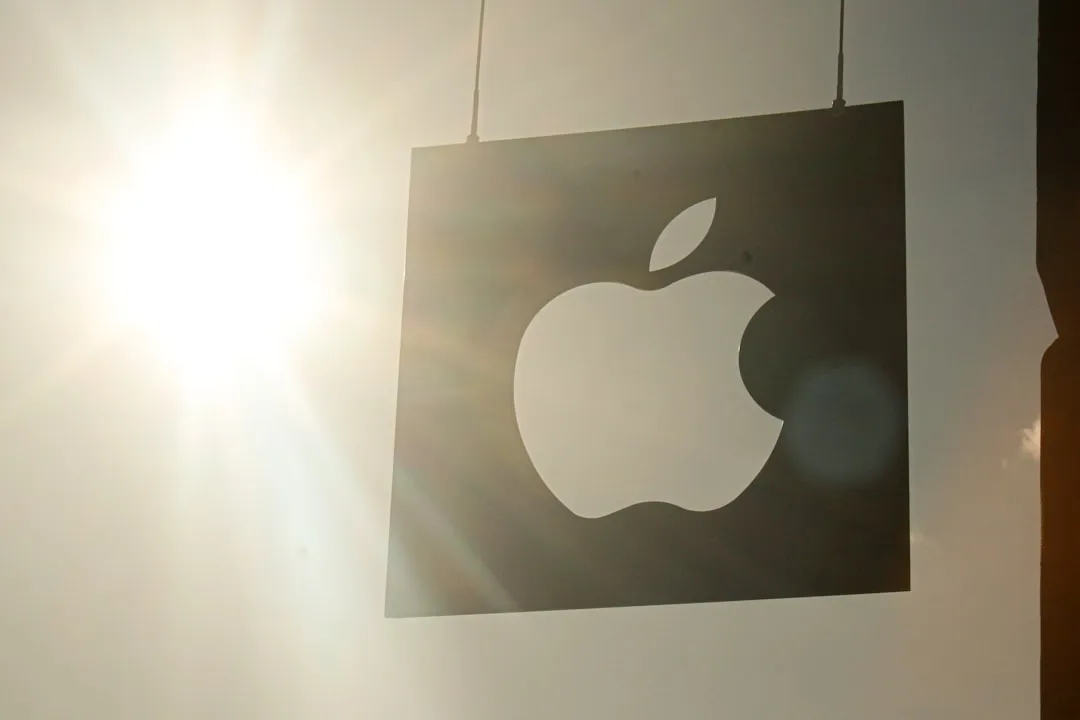
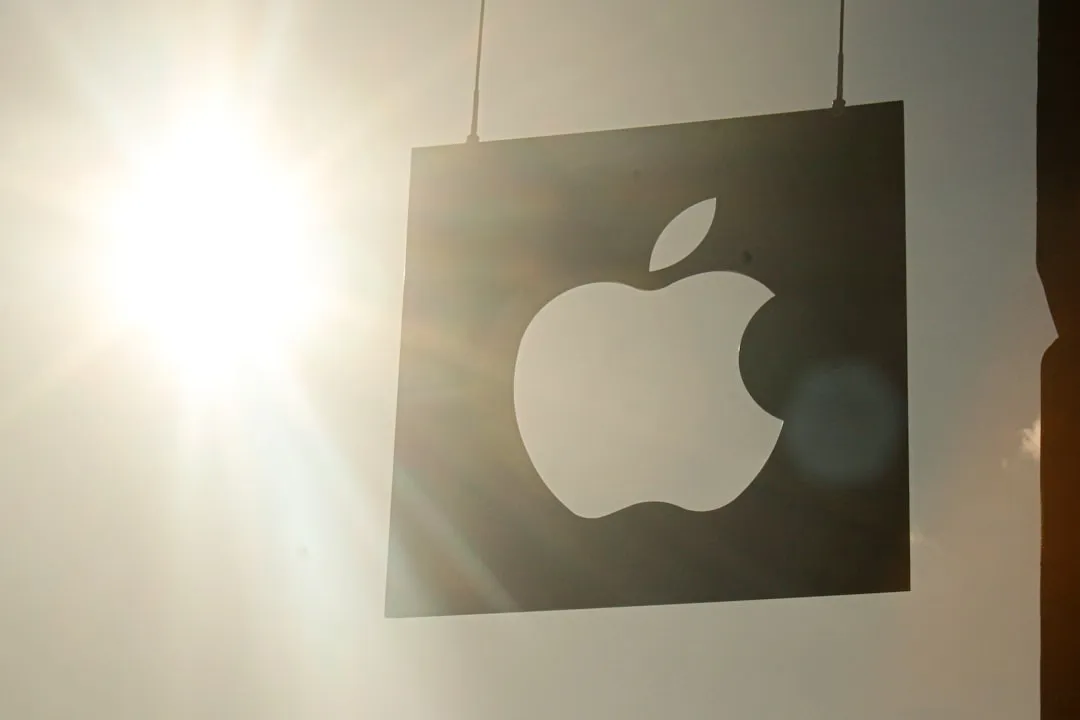



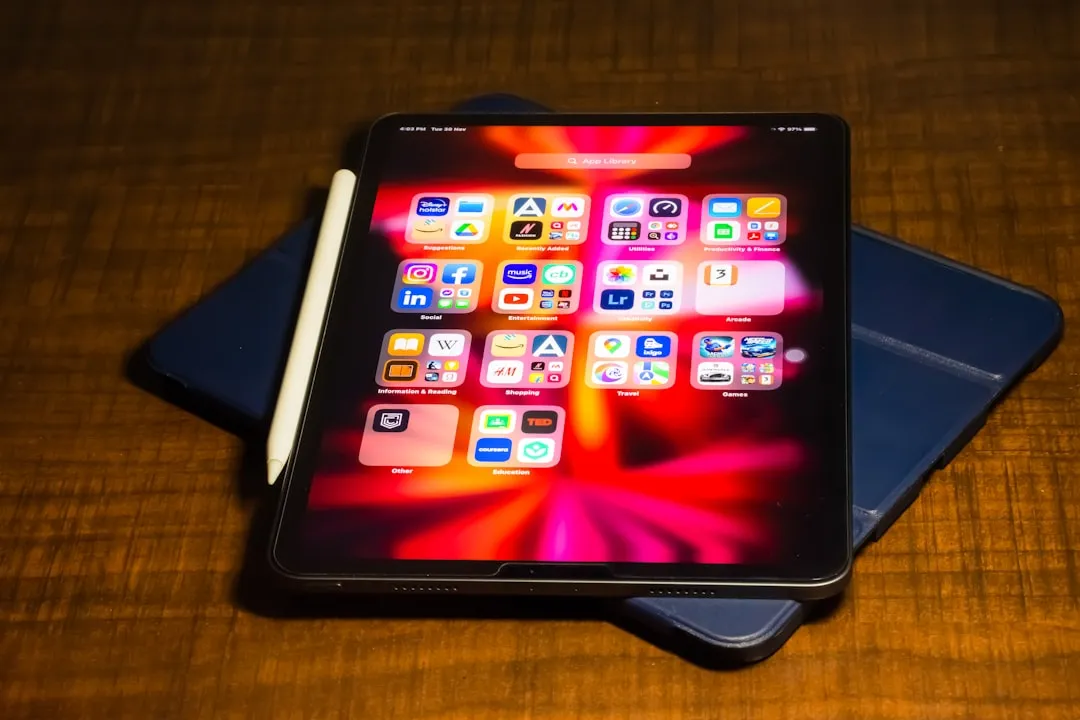

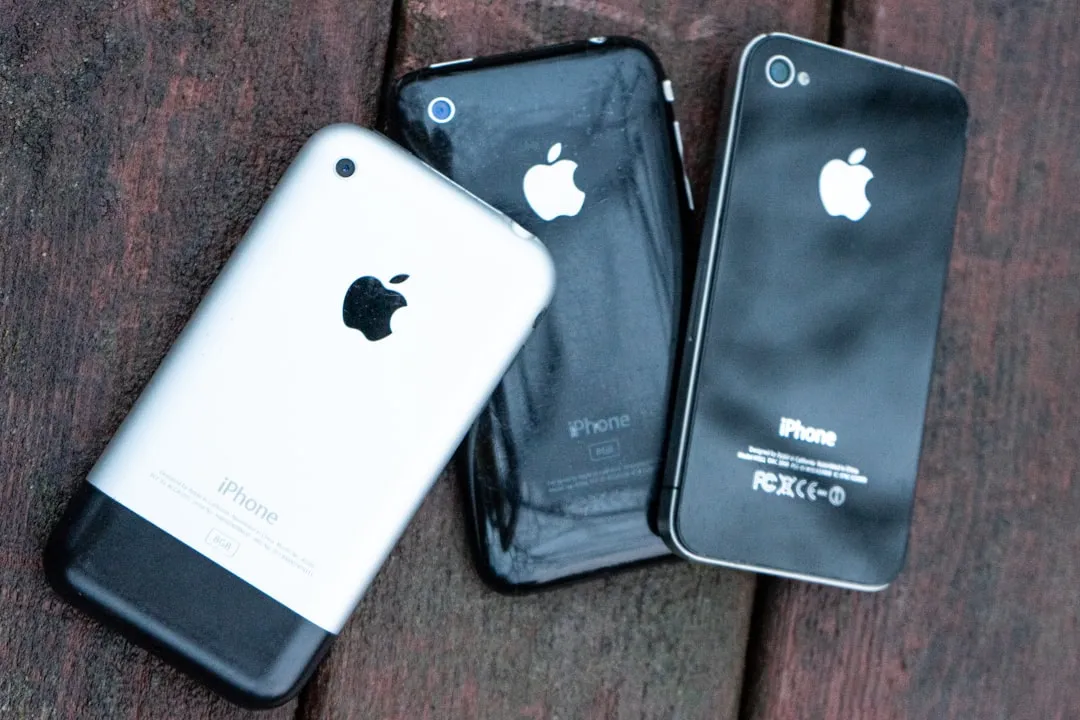

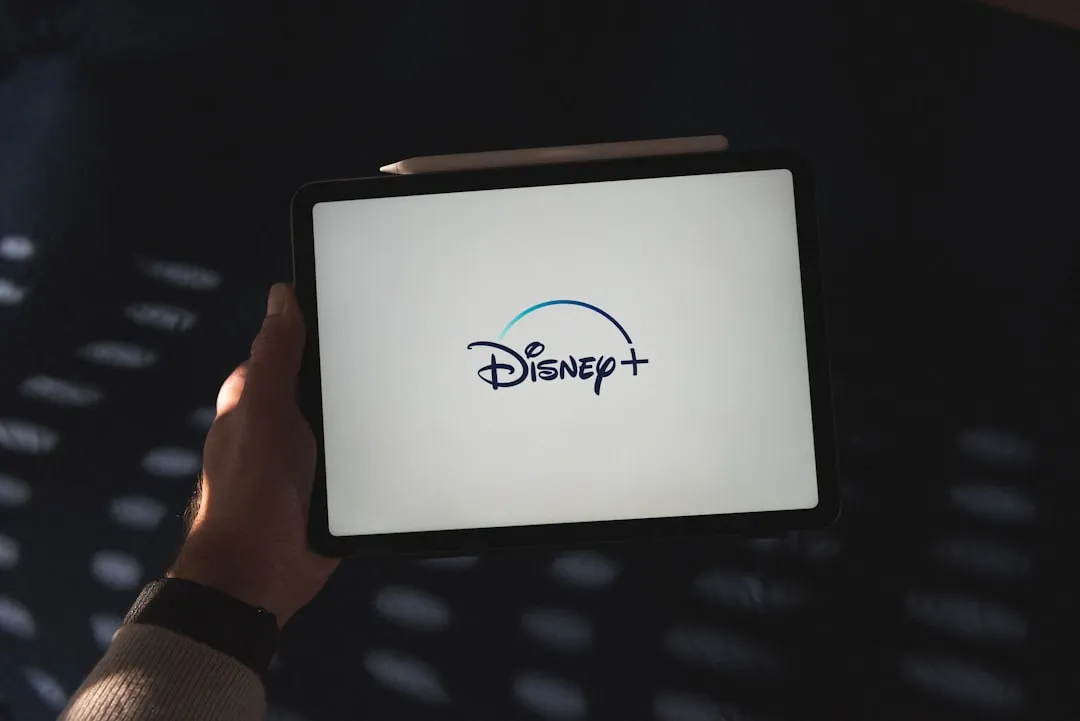
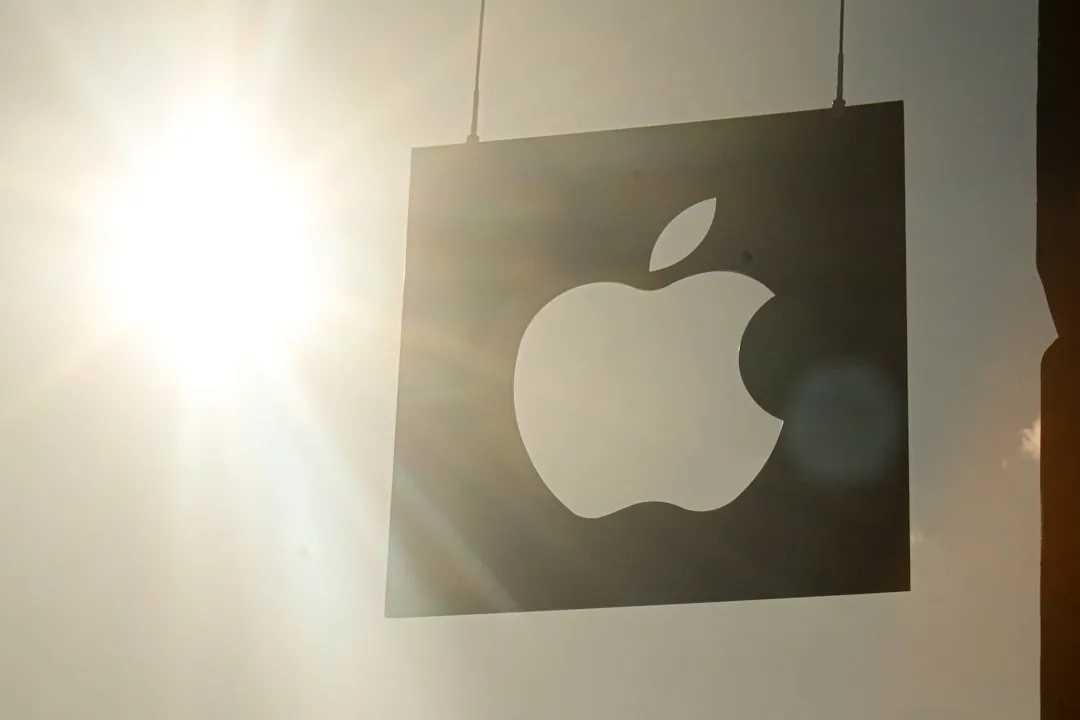
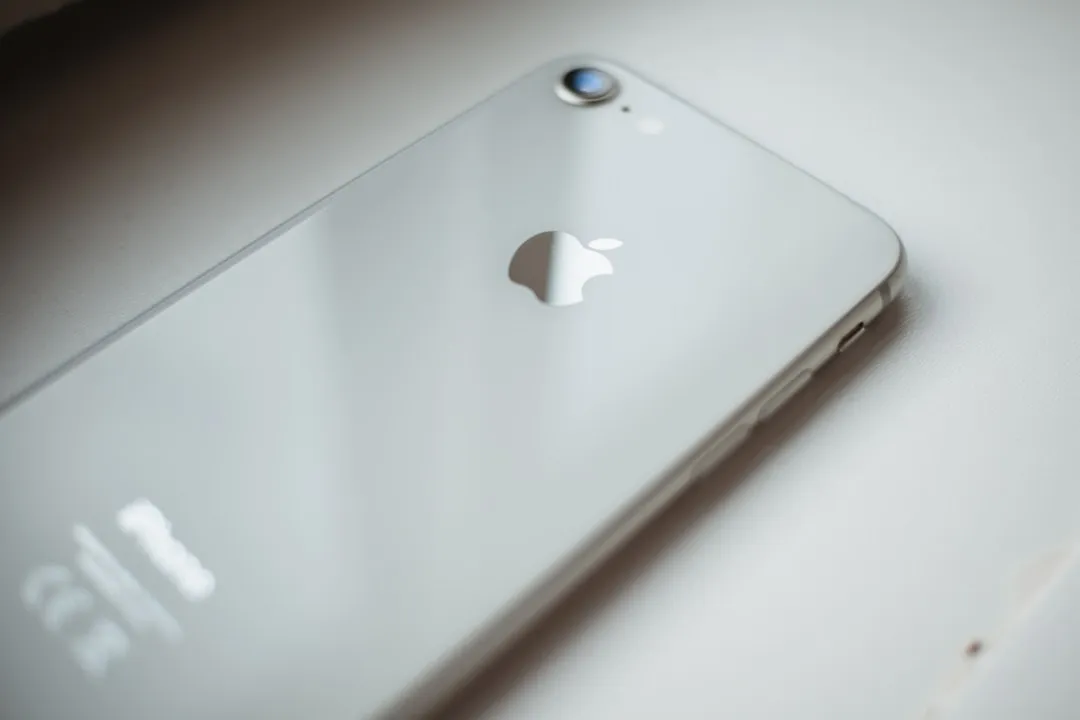
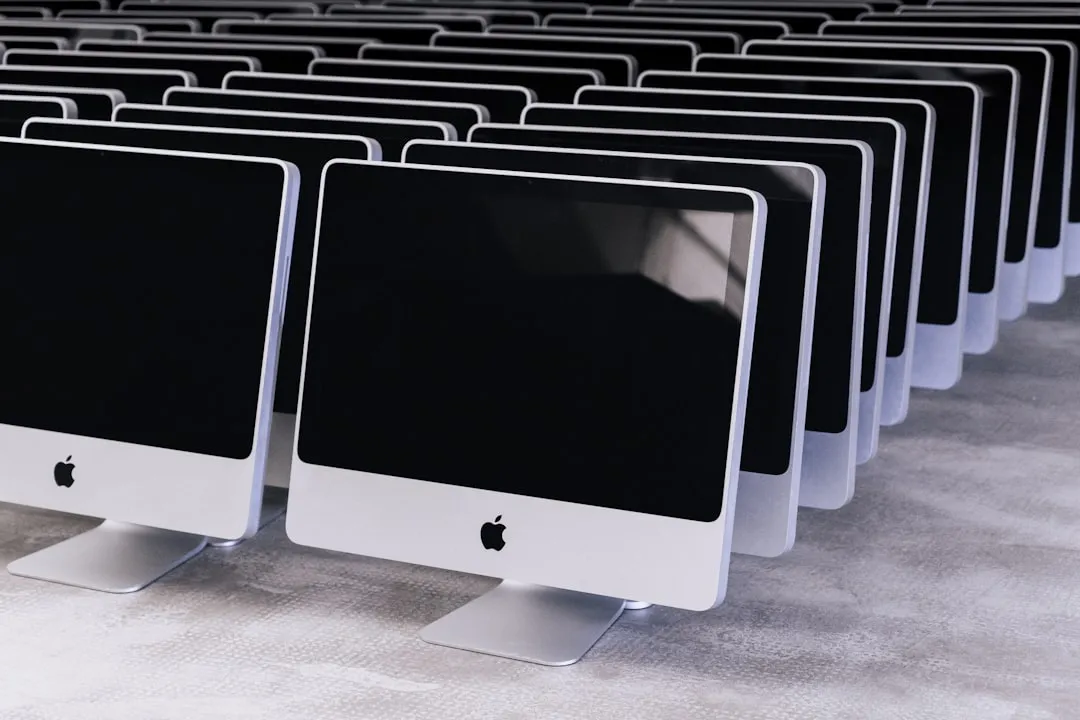

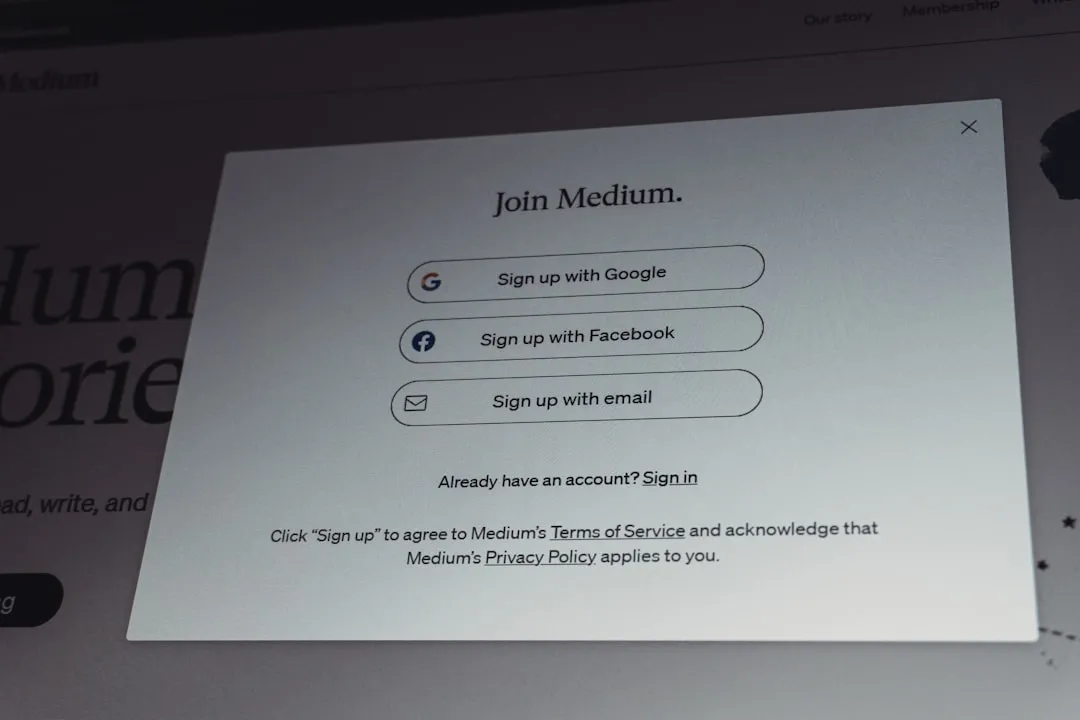
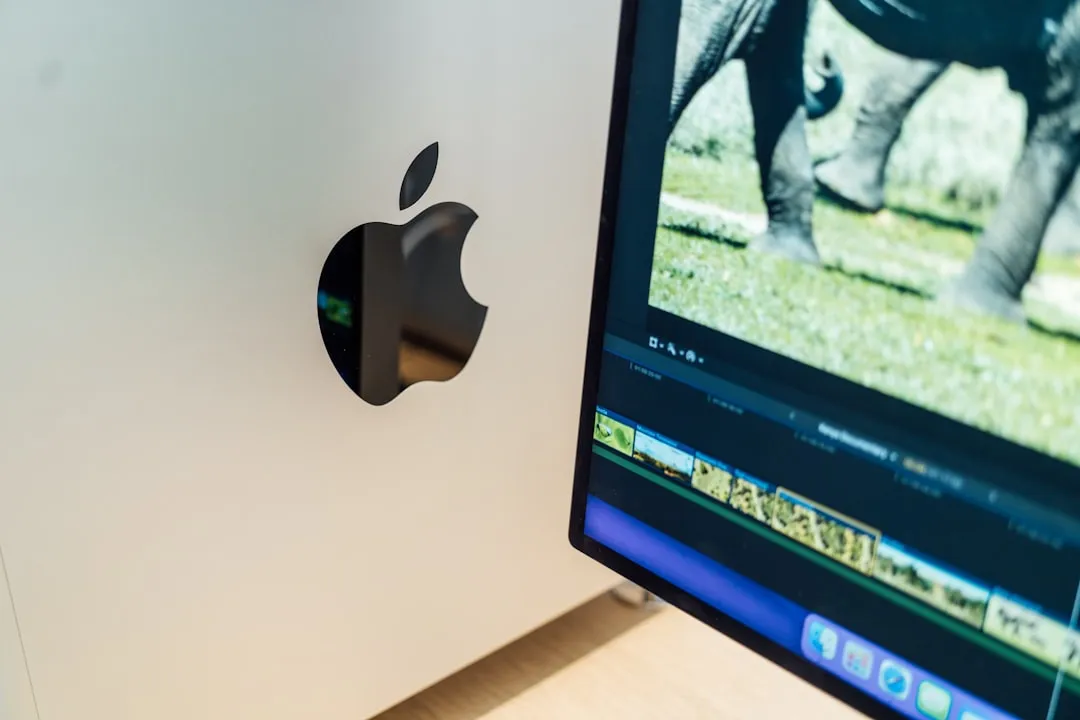
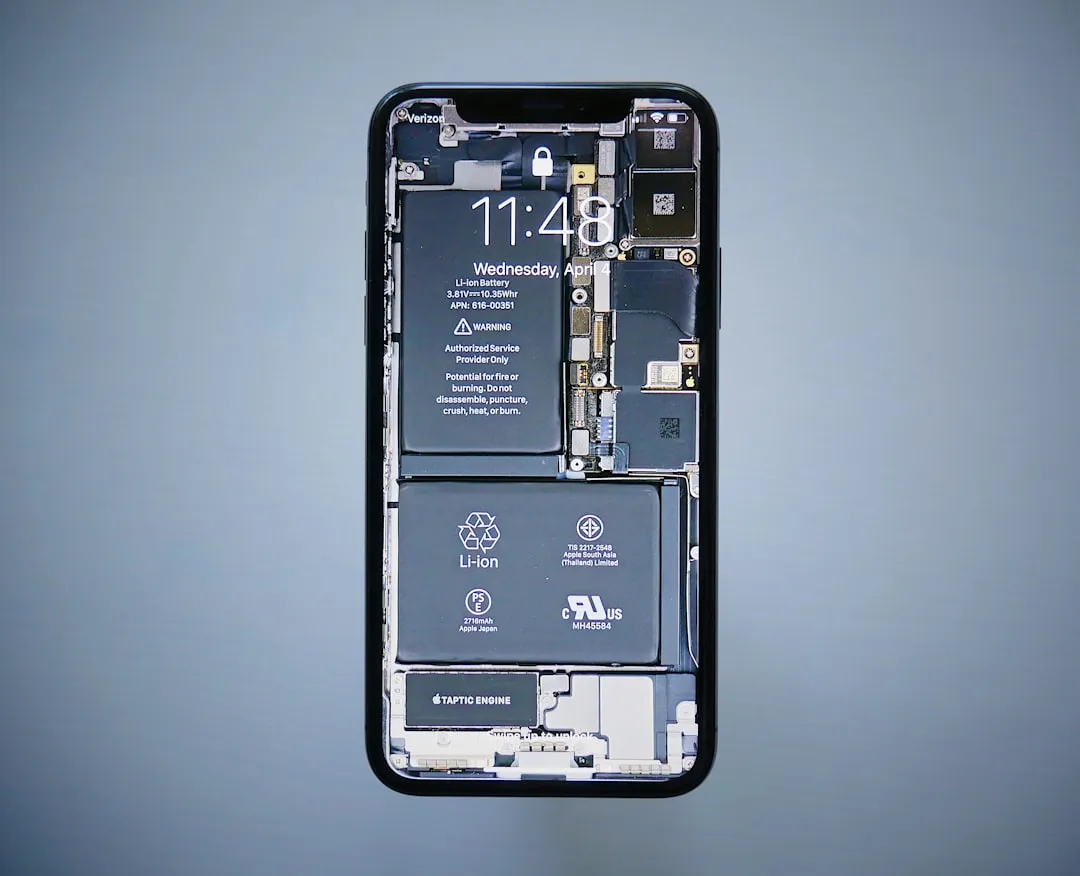

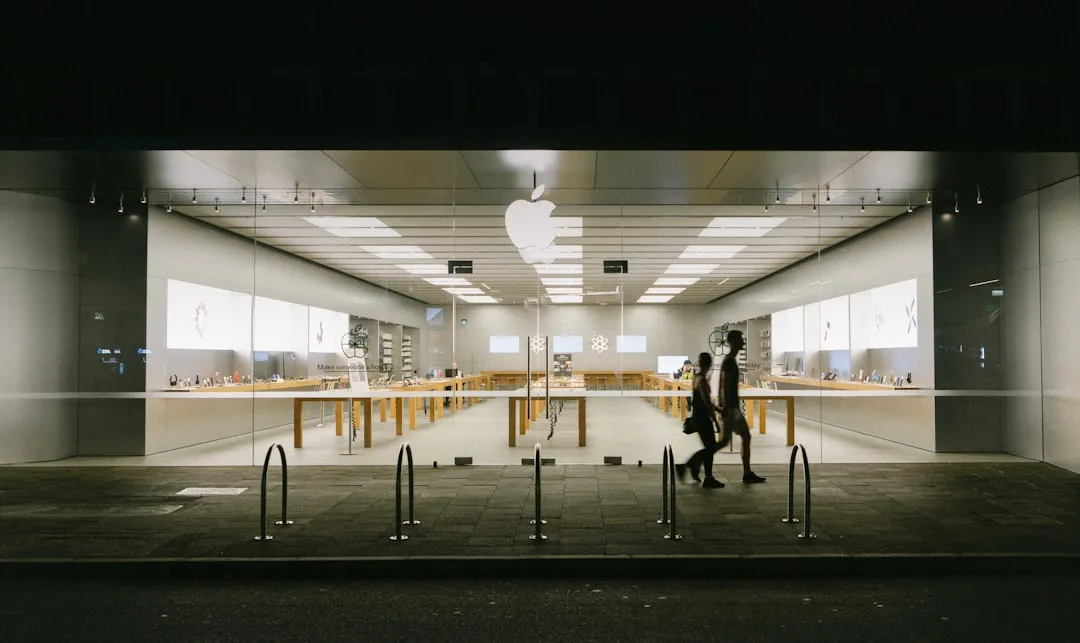
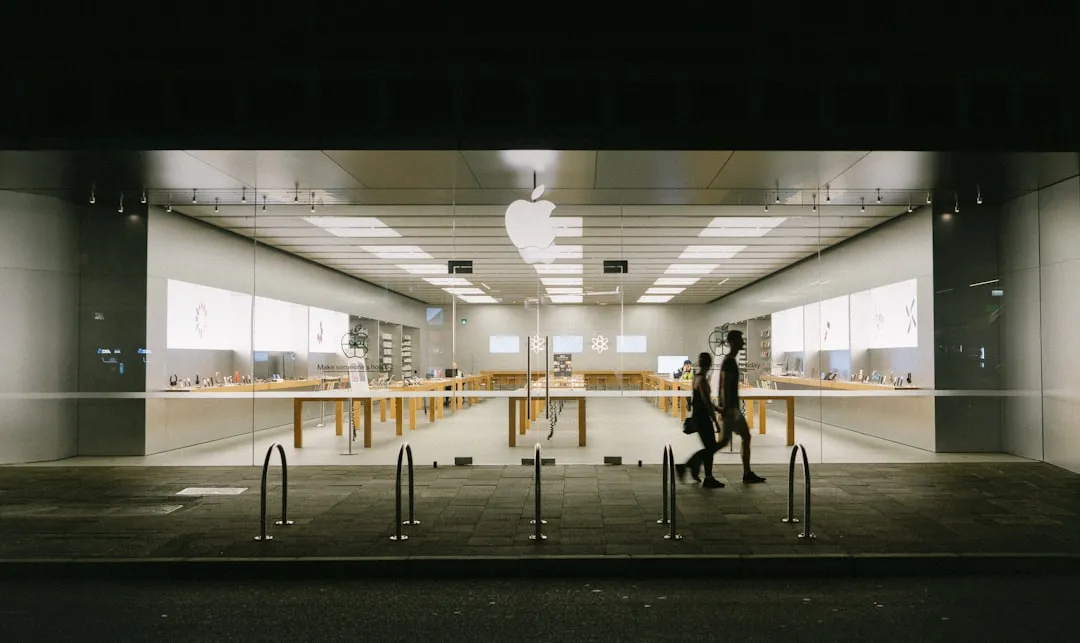

Comments
Be the first, drop a comment!